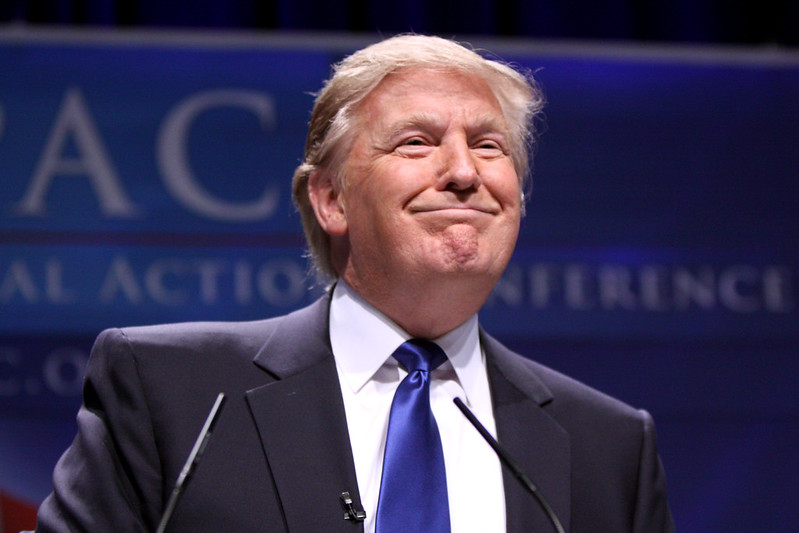US election: how populists encourage blind mistrust – and how to push back
The following Article by Dr John Shayegh originally appeared on The Conversation blog.

Populism is booming. The first US Republican primary is only weeks away and former president Donald Trump, who is a master of populist techniques, commands substantial support. Meanwhile one in three Europeans are now voting for populist parties.
My colleagues and I carried out research of politicians and news media in the US, UK, and Australia that revealed a significant populist strategy to present “elites” – such as opposition politicians, lawyers and civil servants – as setting out to misinform and manipulate the public.
At the heart of liberal democracy lies the principle of pluralism, that there are diverse views on how society should work and that numerous institutions operate independently to balance competing interests. For this principle to work, it’s important that the public trust that these diverse voices act in good faith.
Who are ‘elites’?
However, populists seek to chip away at this by accusing a wide variety of organisations as either being run by “elites”, or working as agents of elite interests.
To continue reading click here.
Article originally appeared on The Conversation blog.
The featured image has been used courtesy of a Creative Commons license.




